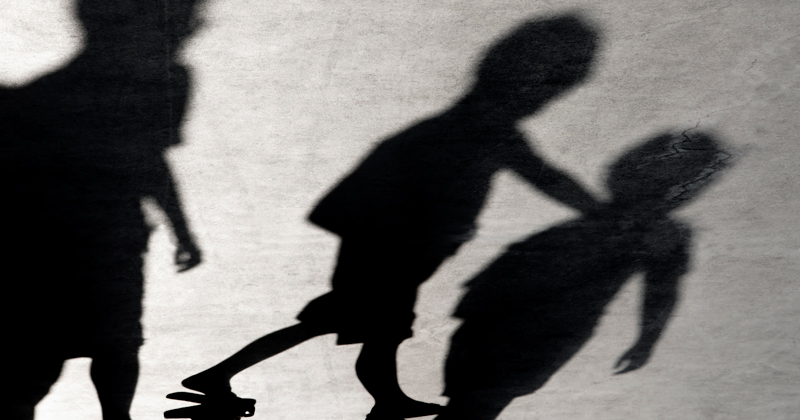My adopted brother’s education was a cycle of instability, and this still happens today.
Now 49, Ollie came to our family at six after a traumatic early childhood in care. Despite my parents’ best efforts, he was bounced between five different schools before ending up in a specialist setting known as “the naughty boys’ school”.
Each move made it harder for him to settle, to catch up and to belong. He was lost to the system, and the consequences lasted far beyond his school years.
Decades later, children like Ollie are still moved around our education system without proper oversight.
One in five secondary school pupils with a social, emotional or mental health issue moves schools, compared to one in seventeen of all secondary pupils who finished year 11. This adds up to tens of thousands of families whose children’s education is disrupted and who have no right to appeal whether the move is in their best interests.
While there are times when moving a child to a new school is necessary, far too often these moves amount to little more than offloading a ‘problem’.
The children most affected are overwhelmingly those with special educational needs, those in contact with children’s services, and those from disadvantaged backgrounds.
One-third of pupil movements, nearly 30,000 children, lead to an ‘unknown’ destination. They become invisible to schools and services. Some spend months, even years out of school, their education derailed.
The way we judge and measure school performance is partly to blame. It has created incentives for exclusion rather than inclusion.
Ofsted ratings and league tables rightly reward academic performance but fail to capture how schools support their most vulnerable pupils. Too often, those who need the most help are quietly moved on to protect results.
The way we judge schools is partly to blame
It cannot be beyond our capability to ensure we know, at any given time, where every child is being educated. This is the first step towards making better decisions for children at risk of being lost to the system.
If we tracked pupil movements properly, we would expose where decision-making is failing children and identify schools which consistently move pupils on.
This is why I am a supporter of the work of the Who’s Losing Learning Solutions Council, an expert group chaired by ASCL general secretary, Pepe Di’lasio. Their work focuses on tackling the rise in school absences and exclusions, particularly among disadvantaged pupils, and addressing the lack of political and policy solutions to this issue.
The council was founded following the publication of the Who is Losing Learning? report, the first from a coalition founded by Impetus, IPPR, Mission 44 and The Difference.
That report diagnosed the scale of the challenge and made the case for whole-school inclusion.
Next month, after gathering extensive evidence from school leaders, parents, carers and experts, they will publish a second report setting out the solutions.
Darlington offers an example. The town has introduced a Vulnerable Pupil Panel Protocol to ensure school moves are made in the best interests of vulnerable students. This kind of collaborative approach between schools, local authorities and pupil referral units shows that change is possible.
But government policy has so far failed to address the scale of this growing issue, and the children’s wellbeing and schools bill follows the same pattern.
The bill’s provisions for a unique child identifier number and local authority registers for children who are not registered at a school or who are receiving some of their education outside of school are important first steps, but we must go much further.
Government should require schools to collect data whenever a child is moved off-site or off-roll and to report this to their local authority. There is also a clear case for holding those schools who abuse this facility to account.
When I published my independent review of school exclusion in 2019, there was broad agreement that we needed a greater sense of collective responsibility for excluded pupils.
Six years on, the problem appears to still be in the DfE’s ‘too difficult’ pile.
We need a system that values children like Ollie, not just the easiest to educate. That begins with the simple premise that we must always know where they are.












Schools – including academies and independent schools – are already required to notify the LA when they remove children from roll for any of the allowable reasons (including a move to home education), according to the Pupil Registration Regulations 2024 and their predecessors. The problem then would seem to be that LAs don’t routinely track or act on this information – but the ability to spot schools that are losing children from roll at too high a rate should already exist.